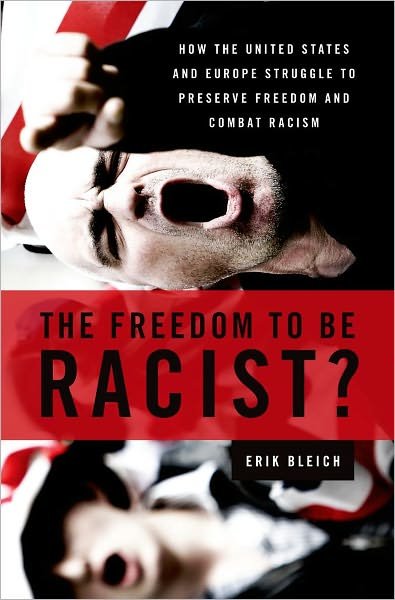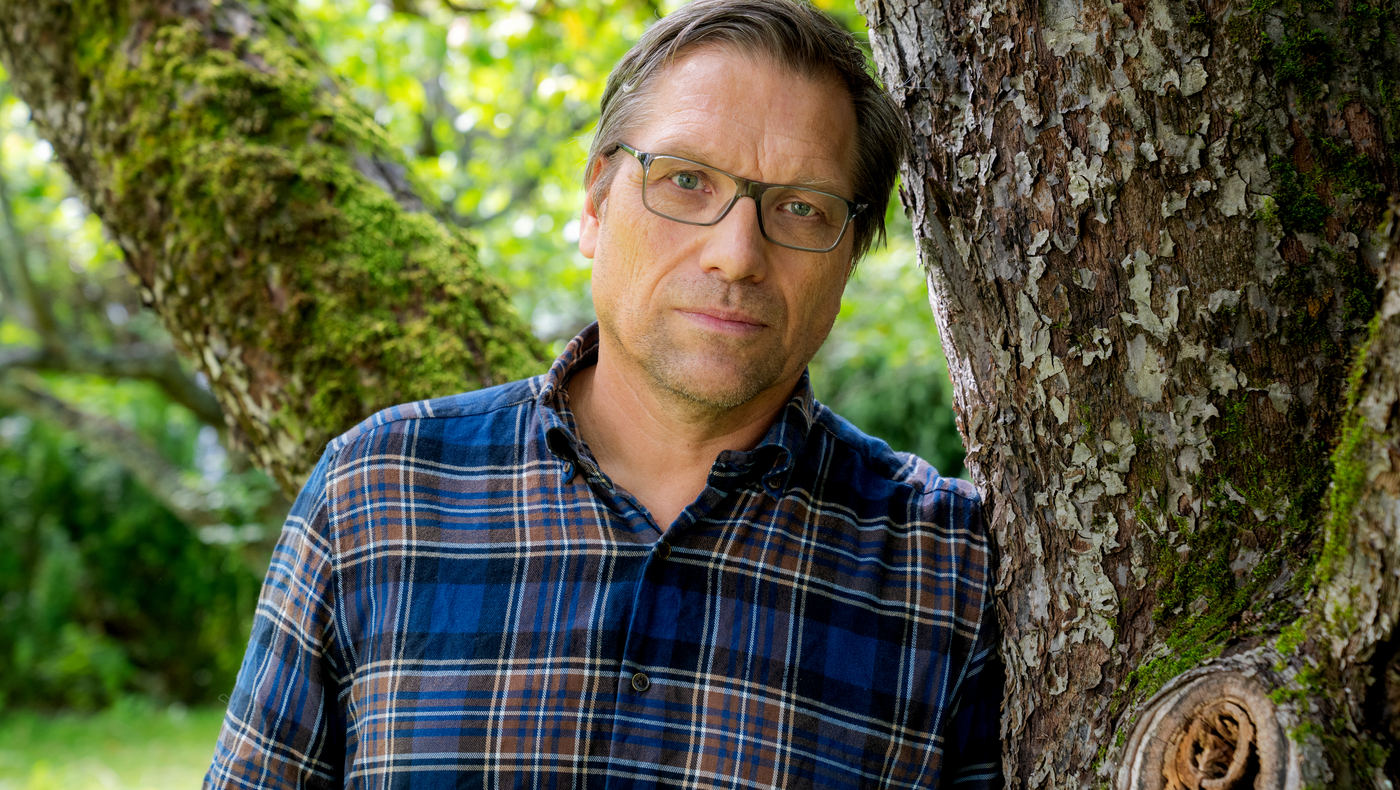The Freedom to Be Racist?
On Wednesday June 8, 6 p.m.-8 p.m. the Fritt Ord Foundation and the Institute for Social Research are hosting a debate on freedom of expression and racism at the Fritt Ord offices in Uranienborgveien 2, 0258 Oslo.
We have invited political scientist Erik Bleich to talk about his book The Freedom to be Racist?, in which he explores the ways liberal democracies like France, Germany and the US have sought to balance freedom of expression and racism.
Comments by Mohamed Abdi, columnist for Morgenbladet and Anne Sender, secretary general of The Council for Religious and Life Stance Communities. The conversation is moderated by Arnfinn H. Midtbøen, researcher at the Institute for Social Research.
Liberal democracies strive to preserve as much freedom as possible for their citizens. They also work hard to combat the racism that has blighted so many of their historical records. But what happens when people use their liberal democratic freedoms to engage in racism? What do societies do when two of their most cherished values collide?
In his wide-ranging and thought-provoking book, The Freedom to Be Racist? (Oxford University Press, 2011), Bleich explores policies that the United States, Britain, France, Germany and other liberal democracies have implemented when forced to choose between preserving freedom and combating racism.
Bleich’s comparative historical approach reveals that each country has struggled to strike a balance between protecting freedom and reducing racism, and that the outcomes have been starkly different across time and place. Building on these observations, he argues that we should pay close attention to the specific context and to the likely effects of any policy we implement, and that any response should be proportionate to the level of harm the racism inflicts.
This event is part of the research project “Status of freedom of expression in Norway” which is being headed by the Institute for Social Research on commission for the Fritt Ord Foundation. Read more about the initiative here.
Erik Bleich is Professor of Political Science at Middlebury College, Vermont. Bleich has written articles on topics such as hate crimes, political violence, Islamophobia, ethnic riots, immigration and integration, and the legacies of colonialism on contemporary policymaking. Besides The Freedom to Be Racist?, he is the author of Race Politics in Britain and France: Ideas and Policymaking since the 1960s (Cambridge University Press, 2003), and the editor and a contributor to the book Muslims and the State in the Post-9/11 West (Routledge, 2010).




